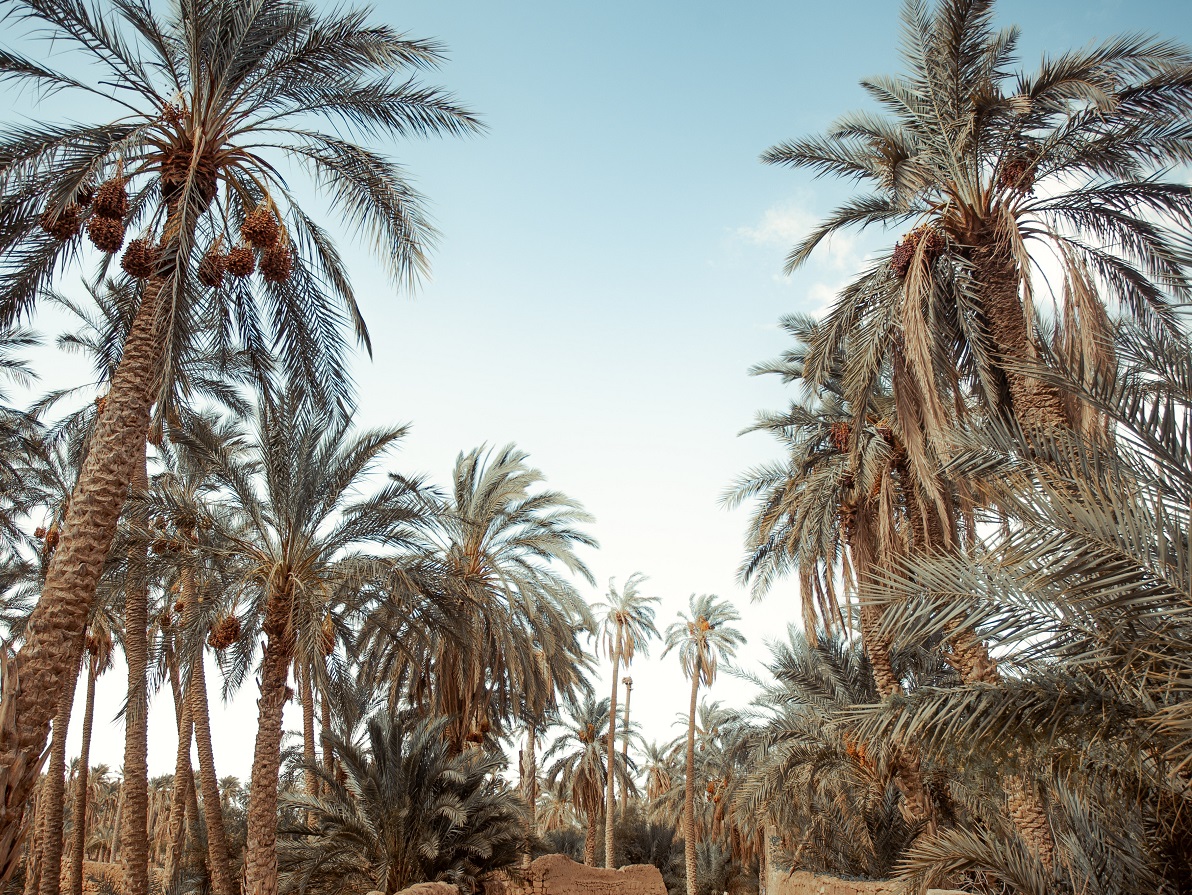When it comes to flavorful and succulent fruit, it’s hard to beat the taste of Algerian dates. These sweet treats are beloved around the world for their unique flavor and versatility, making them a popular choice for snacking, cooking, and baking. But Algerian dates are more than just a tasty snack – they also have a rich cultural and historical significance in the country. Dates have been an important part of Algerian life for centuries, with a tradition of cultivation and harvesting that dates back to ancient times. From the different types of dates grown in Algeria to the methods used to cultivate and harvest them, there’s a lot to learn about this delicious and nutritious fruit. In this article, we’ll take a closer look at the world of dates and discover all that this tasty treat has to offer.
The variety of Algerian dates
When it comes to Algerian dates, there’s a whole world of flavor to explore. The country is home to a variety of different types of dates, each with its own unique flavor profile and uses. Whether you prefer sweet, soft dates or firm, chewy ones, there’s an Algerian date for you.
One of the most popular types of Algerian dates is the Deglet Nour, a semi-dry date with a sweet, caramel-like flavor. This variety is often used in cooking and baking, and is known for its long shelf life. Another popular choice is the Medjool date, a soft and juicy date with a rich, honey-like flavor. This variety is often enjoyed fresh, and is a favorite choice for snacking.
But the variety of Algerian dates doesn’t stop there. The country is also home to a range of other date varieties, such as the Khadrawi, a soft and sweet date with a thin skin, and the Barhi, a soft and sticky date with a unique, caramel-like flavor. No matter what your preference, there’s an Algerian date to suit your taste.
In addition to their delicious flavors, dates are also known for their high-quality cultivation and harvesting process. The country has a long tradition of date farming, with a rich history of techniques and practices that have been passed down through the generations. From the care and attention given to the date palm trees to the methods used to harvest and dry the fruit, every step of the process is carefully tended to ensure the best possible quality. It’s this dedication to excellence that has helped to make Algerian dates so well-regarded around the world.
The reputation of Algerian dates
It’s no secret that Algerian dates are well-regarded around the world for their exceptional flavor. But what is it about these sweet treats that has earned them such a reputation?
One factor that contributes to the reputation of Algerian dates is the high quality of the fruit. As mentioned earlier, the cultivation and harvesting process in Algeria is carefully tended to ensure the best possible quality. From the care given to the date palm trees to the methods used to harvest and dry the fruit, every step of the process is designed to produce the tastiest and most flavorful dates possible.
But it’s not just the quality of the dates themselves that has contributed to their reputation – it’s also the way they are enjoyed. Algerian dates are a popular choice for snacking, cooking, and baking, and are often used as a natural sweetener in a variety of recipes. Whether they are enjoyed on their own or incorporated into dishes, dates are a tasty and versatile treat that is loved around the world.
The reputation of Algerian dates has also been bolstered by recognition from industry experts and food critics. The country’s dates have received numerous awards and accolades for their exceptional flavor and quality, further cementing their place as some of the best in the world. So if you’re looking for a tasty and high-quality fruit, it’s hard to go wrong with Algerian dates.
The versatility of Algerian dates
One of the best things about Algerian dates is their versatility. Whether you’re looking for a tasty snack, a natural sweetener for your baking, or a flavorful addition to your recipes, these sweet treats have got you covered.
If you’re looking for a tasty and healthy snack, Algerian dates are a great choice. They can be enjoyed on their own, or paired with other healthy treats such as nuts or dried fruit for a satisfying snack. Dates are also a great addition to fruit salads, adding a burst of sweetness and flavor to the mix.
But Algerian dates are more than just a snack – they are also a delicious and natural sweetener that can be used in a variety of recipes. For example, you can use dates to sweeten smoothies, energy bars, and baked goods such as cookies, brownies, and breads. Dates can also be used as a natural alternative to refined sugar in recipes like date syrup or date paste, which can be used in place of honey or maple syrup. In addition to adding sweetness, dates can also add moisture and a unique flavor to your recipes. One popular pastry in Algeria that incorporates dates is the makroud, a sweet and flaky pastry filled with dates and often coated in honey.
So next time you’re looking for a tasty and versatile fruit, don’t forget about Algerian dates. With their exceptional flavor and many uses, these sweet treats are sure to become a favorite in your kitchen.
Conclusion
We hope you’ve enjoyed discovering the delicious world of Algerian dates! From their unique flavor profiles and health benefits to their versatility in cooking and baking, there’s so much to love about these sweet treats. Whether you prefer soft and juicy dates or firm and chewy ones, there’s an Algerian date for every taste.
So why not add some Algerian dates to your kitchen repertoire? Whether you use them as a tasty snack, a natural sweetener in your recipes, or a flavorful addition to your dishes, these sweet treats are sure to become a new favorite. So go ahead and explore the tasty world of dates – your taste buds will thank you!
Related articles
Discover the Delicious World of Algerian Dates
When it comes to flavorful and succulent fruit, it's hard ...
Explore the Rich Flavors and Traditions of Algerian Cuisine
Algerian cuisine is a rich and flavorful blend of African, ...


